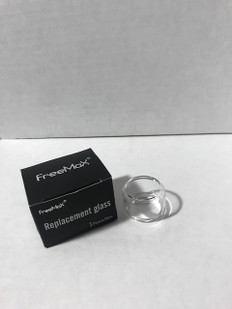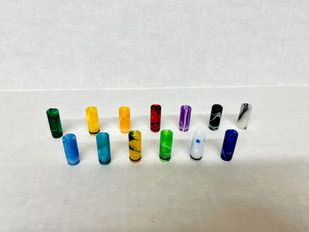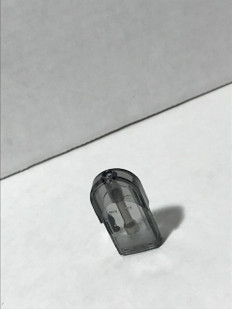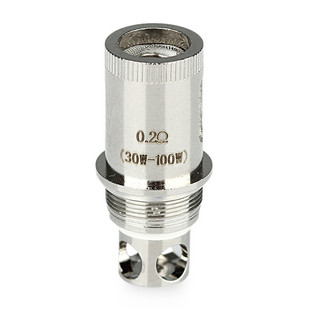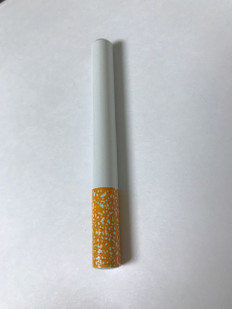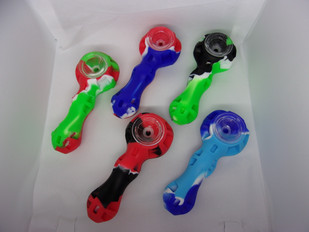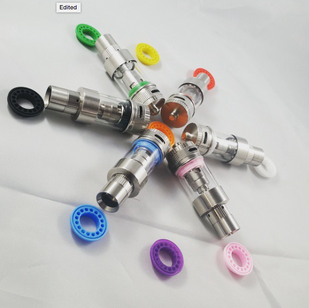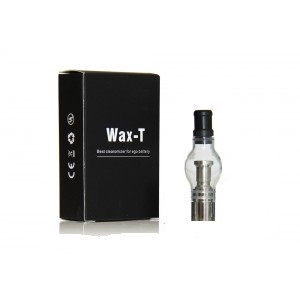- Home
- The Vape Mall Blog
- Could Women Who Might Be Pregnant or Nursing Still Take CBD?
Could Women Who Might Be Pregnant or Nursing Still Take CBD?
Posted by on
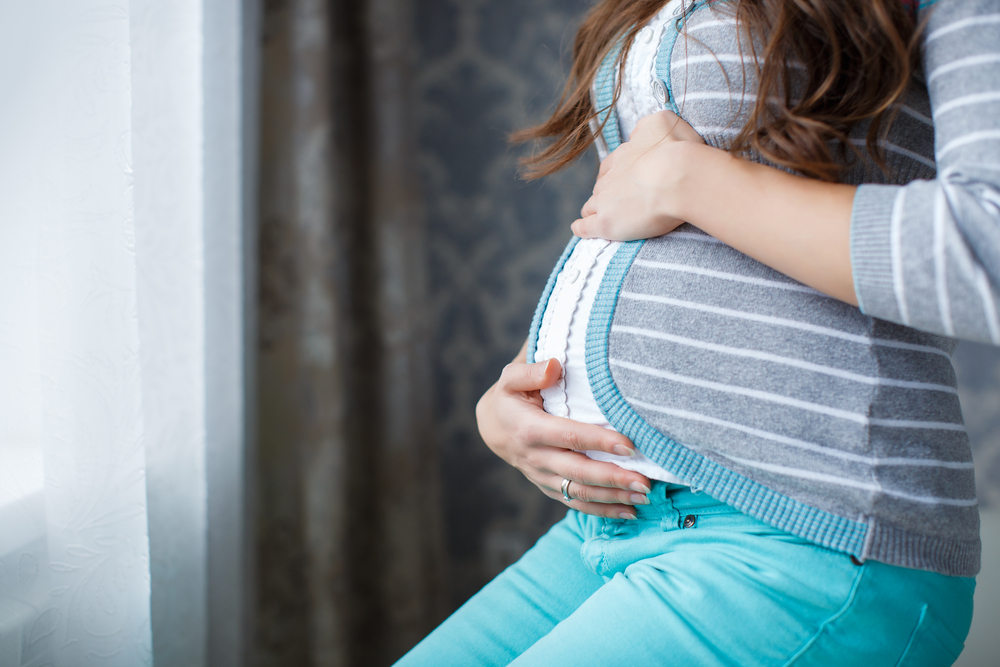 By now, most
of the general public feels comfortable taking cannabidiol (CBD). In fact, many members of the medical
community are beginning to suggest CBD to their patients for various
reasons. At this point, many
studies have been done on the effects of CBD, which makes
people feel comfortable taking it daily, even in fairly high doses and
concentration levels.
By now, most
of the general public feels comfortable taking cannabidiol (CBD). In fact, many members of the medical
community are beginning to suggest CBD to their patients for various
reasons. At this point, many
studies have been done on the effects of CBD, which makes
people feel comfortable taking it daily, even in fairly high doses and
concentration levels.
However, what about women who are pregnant or nursing? We recognize that many things that are ordinarily safe to consume are basically off limits during this time in a woman’s life. Well, let’s look at what we know about the relationship between CBD intake and pregnant and nursing women.
How Does CBD Affect Women in General?
Cannabidiol is a non-psychoactive compound found in cannabis plants, and so, its effects can vary depending on the individual, and may even have some unique implications for women due to biological and hormonal differences, such as:
Menstrual Pain and PMS Symptoms: Some women use CBD products to manage symptoms associated with premenstrual syndrome (PMS) and menstrual cramps. CBD's anti-inflammatory and pain-relieving properties might help alleviate cramps, bloating, and other discomforts.
Menopause Symptoms: CBD might help manage various symptoms associated with menopause, such as mood swings, sleep disturbances, and joint pain. Its potential to influence the endocannabinoid system might play a role in managing hormonal and neurochemical fluctuations during menopause.
Mood Regulation: CBD has been studied for its potential to influence mood disorders. It might interact with serotonin receptors, potentially acting as a mood stabilizer, which could be beneficial for women experiencing mood swings due to hormonal changes.
Skin Care: Due to its anti-inflammatory and antioxidant properties, CBD is increasingly popular in skincare products. It might help manage acne, reduce redness, and promote overall skin health.
Bone Density: Post-menopausal women are at a higher risk of developing osteoporosis. Some research suggests that CBD might promote bone growth and help in maintaining bone density, although more research is needed in this area.
Why Might a Pregnant or Nursing Woman Take CBD?
Pregnant or nursing women might consider taking cannabidiol for various reasons, typically revolving around its purported therapeutic benefits. However, it's crucial to take notice that the safety and efficacy of CBD use during pregnancy and lactation are not well-established, and health authorities like the FDA strongly advise against it due to potential risks. Still, there are some reasons why women might consider CBD use despite the cautions.
Reason #1: Stress/Anxiety/Depression
Pregnancy, as well as the period shortly after giving birth, can be very stressful for any woman. While this is considered the happiest time in a woman’s life by many, the reality is that between the unstable hormone levels, the natural fear that comes with taking on such a tremendous responsibility, and the difficulty getting around caused by a rapidly growing body, it’s natural for a woman to experience unusual levels of stress and anxiety.
Reason #2: Inflammation
Inflammation during and after pregnancy is a complex and dynamic process that plays a crucial role in both maternal and fetal health. Inflammation is the body's natural response to injury, infection, or any form of stress, and it is also a normal part of the pregnancy process. Here's an overview of inflammation during and after pregnancy:
Inflammation During Pregnancy
During pregnancy, the body undergoes significant changes to support the growing fetus. These changes can trigger various inflammatory responses:
- -Implantation: The initial stage of pregnancy involves the implantation of the fertilized egg into the uterine lining, which can cause some local inflammation as the body adjusts to the presence of the embryo.
- -Placental Development: The formation and growth of the placenta are associated with an inflammatory response. The placenta serves as a critical interface between the maternal and fetal circulations.
- -Immune Adaptation: To prevent the mother's immune system from attacking the developing fetus (which carries half of the father's genetic material and is, therefore, partially foreign to the mother), there are various immune adaptations. These adaptations involve a controlled immune response that includes some degree of inflammation.
- -Hormonal Changes: Hormonal changes during pregnancy can also influence the body's inflammatory response. For example, progesterone and estrogen levels rise, which can affect immune function and inflammation.
Inflammation After Pregnancy
Inflammation doesn't end with childbirth; it continues in the postpartum period and can be categorized into two phases:
- oPhase #1: Acute Inflammation - After childbirth, the body experiences acute inflammation as a natural response to the trauma of labor and delivery. The uterus contracts to expel the placenta and reduce bleeding, which involves inflammation at the site.
- oPhase #2: Resolution Phase - After the acute phase, the body enters a resolution phase to heal and repair tissue. This phase involves the regulation of inflammation and tissue remodeling to return to a non-pregnant state.
Note: While some inflammation is a normal part of pregnancy and postpartum recovery, excessive or chronic inflammation can be harmful. Conditions like preeclampsia, gestational diabetes, and infections can lead to abnormal inflammation during pregnancy, which can have adverse effects on both the mother and the fetus. Additionally, postpartum complications and infections can also lead to inflammation in the postpartum period.
CBD has been recognized for its anti-inflammatory properties, and some women might use it hoping to reduce inflammation-related issues during pregnancy.
Reason #2: Sleep Disorders
Ask any woman who is pregnant or has just given birth how much sleep she gets each night, and you’re likely to feel pretty sympathetic toward her. We know that one of the first things to be affected during this time is sleep. During pregnancy, a woman can struggle with feeling comfortable enough to fall asleep. Once the baby is born, they may cry at all hours of the night.
Reason #3: Nausea and Vomiting
It’s quite common for a pregnant woman to experience nausea throughout her pregnancy, and even shortly after giving birth. So, some pregnant women might consider using CBD to alleviate morning sickness, as anecdotal evidence suggests it might help in reducing nausea and vomiting.
Reason #4: Deficiencies
CBD is rich in nutrients, and many women find that during pregnancy and the nursing stage, they need to increase their nutrient intake to meet the demands of their body and their baby. On the flip side of that coin, however, compounds from CBD can pass through breast milk, potentially affecting the nursing infant, whose long-term effects are unknown.
CBD and Infants: What we Know So Far
Now, let’s discuss the safety of giving infants cannabidiol. Unfortunately, we don’t have any studies showing that cannabidiol is either safe or unsafe for infants. One thing we know is that the FDA has recently issued a statement saying that pregnant and nursing women should avoid CBD. However, this statement came from the fact that the research is lacking, which we knew already.
The United States Surgeon General has said that pregnant and nursing women should avoid THC, because it may have negative impacts on the baby’s health. However, what they’re referring to is the high amount of THC that’s present in marijuana. We know that in hemp, only 0.3 percent or so THC exists, which’s not nearly as much as exists in marijuana. Hence, why one plant is legal and one is not.
We’ve also heard of medical professionals suggesting CBD to pregnant women, and while we can’t verify that they are up to date on the growing research, it’s worth remembering.
Also, keep in mind something else about the FDA: they still haven’t approved CBD in general, despite the fact that many United States legislators have been urging them to for some time. They will not tell us whether or not CBD is safe, despite the growing evidence that it’s nontoxic to the human body. So, before following all of their guidelines, remember that as of now, they consider all CBD safe, not just CBD that’s given to women who are pregnant and breastfeeding.
If you’re a pregnant woman or a woman who is breastfeeding, we suggest that you have a discussion with your OBGYN about CBD prior to taking it. Your doctor will not only help you come up with an answer as to whether or not you should take it, but they will also consider your medical history as well as any potential interactions with something that you’re taking already.
Remember that as a woman who is pregnant or nursing, you have a huge responsibility in terms of protecting your baby. This means that during this time, you should consider their needs as much as yours. If you really want to take something in order to find relief, but you are worried that it may not be good for your baby, it’s best to avoid it altogether.
Final Thoughts
Presently, there are not enough studies on pregnant and nursing women taking CBD in order to say with certainty that it’s safe or unsafe. We do know that many women who are pregnant or nursing take CBD regularly, and that there are doctors who say that it’s fine. Still, if you wish to follow the FDA guidelines, you should avoid it. And, ultimately, if you’re a pregnant or nursing woman who wants to take CBD, speak to your doctor who can likely help you figure out whether or not it’s a good idea.
We do hope that in the coming years, we find out more and more about the relationship between CBD and pregnancy/breastfeeding. We know that a lot of woman find relief from common symptoms using CBD, and so it may be perceived as useful to women under these circumstances in the near future. Who knows – maybe one day there will be CBD products specifically developed for women who are pregnant and nursing. Until then, it’s important that you take the advice of your medical providers, and always consider possible complications, not just for yourself but your baby as well.
 Loading... Please wait...
Loading... Please wait...



